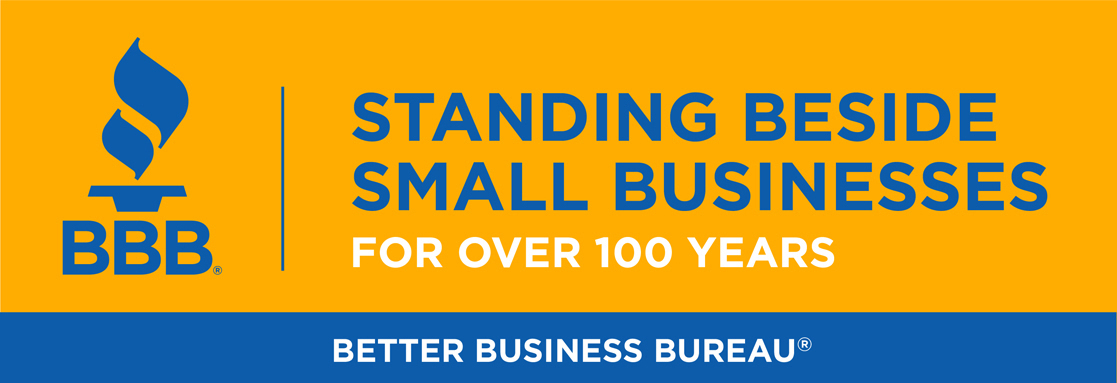With federal regulations changing and debt collectors’ tactics evolving, it’s important to learn what collection agencies legally can and cannot do and to stay vigilant against debt collection scams.
By law, debt collectors can contact consumers by phone, letter, email or text message, as long as they identify themselves as debt collectors. They can contact consumers at work unless specifically told that the consumer is not allowed to receive calls there. They also can contact other people to get contact information about consumers whose debt repayment they are pursuing, but unless they contact your spouse or attorney, the agency cannot contact them more than once or discuss your debt with them. Collection agencies are prohibited from calling between 9 p.m. and 8 a.m., and they may not engage in harassment, false statements or unfair practices.
Under new rules introduced by the Consumer Financial Protection Bureau (CFPB) last year, collection agencies are limited to seven phone calls a week to consumers, including attempted calls and conversations. They may make an unlimited number of contacts by text message, email and social media private message; however, they must clearly identify themselves as debt collectors and provide a way to opt out.
Notably, debt collection agencies may not pretend to be someone else, like a government agency or credit reporting company, and may not use a false company name.
Better Business Bureau (BBB) received more than 21,000 complaints about collection agencies in 2021, making them last year’s sixth most complained-about business category.
An O’Fallon, Missouri, man told BBB in April 2021 that he worked with a debt collection firm to pay off an outstanding debt, but the firm never sent him a record of complete payment or had the debt removed from his credit report. He asked repeatedly for documentation, and the business promised to send it out, but it never arrived. The business has not responded to the man’s complaint to BBB.
Debt collection scams are common as well. BBB Scam Tracker received nearly 1,200 reports of this fraud in 2021. The scammer calls and tells you that they work for a loan company, law firm or government agency, and claims to be collecting an overdue payment. When you reply that you don’t owe money, the “debt collector” starts to make threats of suing you, having your wages garnished, arresting you, or forcing you to appear in court thousands of miles from home.
BBB recommends consumers follow these tips to avoid debt collection scams:
• Ask the debt collector to provide official “validation notice” of the debt. Debt collectors are required by law to provide this information in writing. The notice must include the amount of the debt, the name of the creditor, and a statement of your rights. If the self-proclaimed collector won’t provide the information, hang up.
• Ask for more information. If you do owe money and aren’t sure if the caller is real, ask for their name, company, street address, and telephone number. Do not provide any bank account, credit card, or other personally identifiable information over the phone. If the collector is legitimate, they should have details on the accounts in question.
• Just hang up. If you don’t have any outstanding loans, hang up. Don’t press any numbers or speak to an “agent.”
• Check your credit report. Check with one of the three national credit reporting companies (Equifax, TransUnion, Experian). This will help you determine if you have outstanding debts or if there has been suspicious activity.
• Place a fraud alert on your credit report. If the scammer has personal information, place a fraud alert with the three national credit reporting companies.
• Know your rights in court. If you think a debt collector has broken the law in their dealings with you, you have a year from the violation to sue. Remember that even if the debt collector violates the law, a legitimate debt does not go away.
• Report scams. If you suspect you are being targeted in a debt collection scam or you have already fallen victim to one, report it to BBB Scam Tracker.
• Report unfair dealings with debt collectors. You can file complaints against collection agencies at bbb.org; you can also leave reviews of them. Your state attorney general’s office, the Federal Trade Commission (FTC) and the CFPB also have avenues for complaints against collection agencies.




Facebook Comments